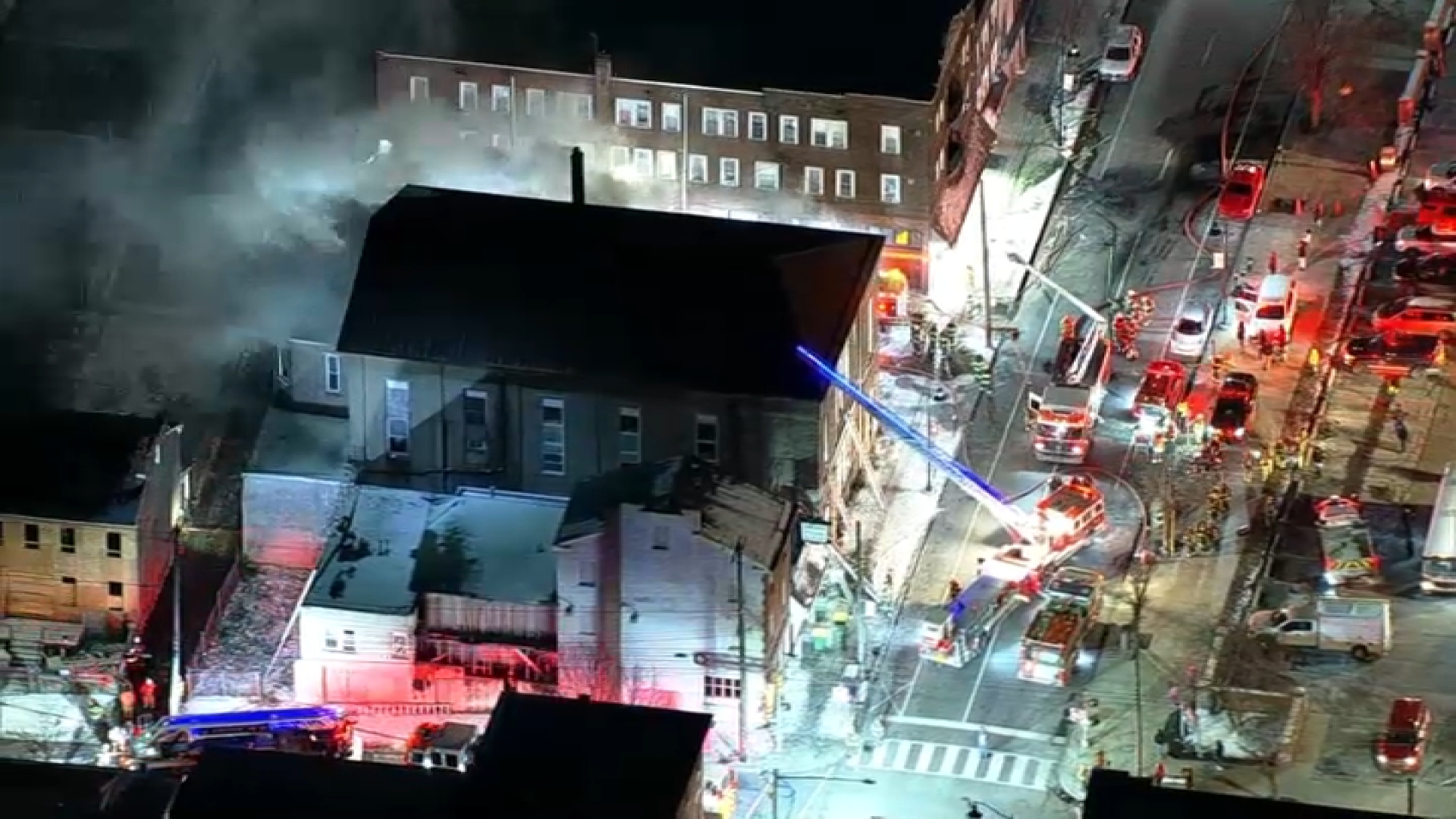Five schools in Philadelphia made the cut for a "high progress" designation, based on increases in achievement in math and reading across all student in the schools.
Four Philadelphia district schools — Lankenau High School, Philadelphia Military Academy at Elverson, Juniata Park Academy and Eliza B. Kirkbride School — earned spots along with one charter school, Freire Charter School in Center City. Across the state, 16 schools made the "high progress" list.
School leaders attribute that progress to a variety of factors, from a rebooted school day to getting better equipment.
Juniata Park Academy principal Jean Richey said kids enter her K-8 school with reading abilities all over the map. So, the school has carved out special periods at the beginning and end of the school day to focus on building up skills such as reading.
"If we take two minutes out of every class, we have 40 minutes extra" to bring kids up to speed, said Richey.
"In the last couple of years, we've really helped catch up technology," said Herb Soll, a social sciences teacher at Lankenau High School in Northwest Philadelphia. After the school got new computers in the last few years, it's started using computer-based reading software, called Achieve 3000, that matches lessons to kids reading levels.
Local
Breaking news and the stories that matter to your neighborhood.
Freire's head of academics, Nicholas Fels, attributed his school's high progress to "familiarity with the test itself." Two years ago, "in the Keystone exams, our math percentages were in the mid-50s percentile," said Fels. "Last year. we jumped up to the 70th percentile."
Understanding the test also meant changing what's taught and connecting kids with nonfiction writing they find "authentic," said Fels. For example, more social science reading not "reading a manual on how to use your new lawn mower."
What does 'high progress' mean?
In order to qualify for the "high progress" designation, schools must meet a number of criteria. All must receive Title I funding, which go to publicly funded schools with the highest percentages of children from low-income families. The entire Philadelphia School District is eligible for Title I.
Schools must also be in the top 10 percent of Title I schools for increased performance of all students in reading and math or, in the case of high schools, in the top 10 percent of schools in improving graduation rates. Other factors include progress in closing achievement gaps within the school.
Categories such as "high achieving" and "high progress" replaced some of the language around evaluating schools instituted under No Child Left Behind, which included categories including "warning" and "corrective action" that could trigger drastic interventions of closure or replacing a high proportion of school staff. "Priority" is now the term used for schools performing in the lowest 5 percent statewide.
Philadelphia: Testing performance highs and lows
Philadelphia has a steep climb to educate students. Last fall's $81 million budget shortfall raised the possibility that schools wouldn't start on time, and the city itself ranks as the nation's poorest big city — particularly deep poverty, or those earning less than half the poverty line.
Not for the first time, more than half the schools on the state's 82 "priority" list are in Philadelphia; 41 are district schools and several more schools ranking in the bottom 5 percent in the state are charters.
But, Philadelphia has "high achievement" schools too. Including Franklin Learning Center, a district high school, and Franklin Town and MaST Community Charter schools, they rank high in scoring and graduation rates overall. Schools don't qualify as "high achieving" if they have internal inequality, so these must show high performance among disadvantaged student groups as well.



